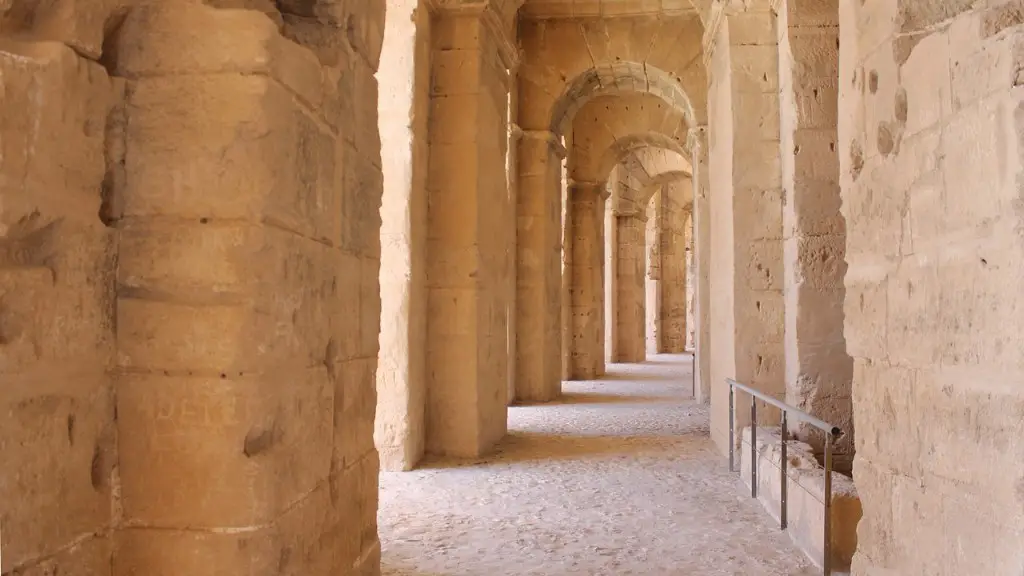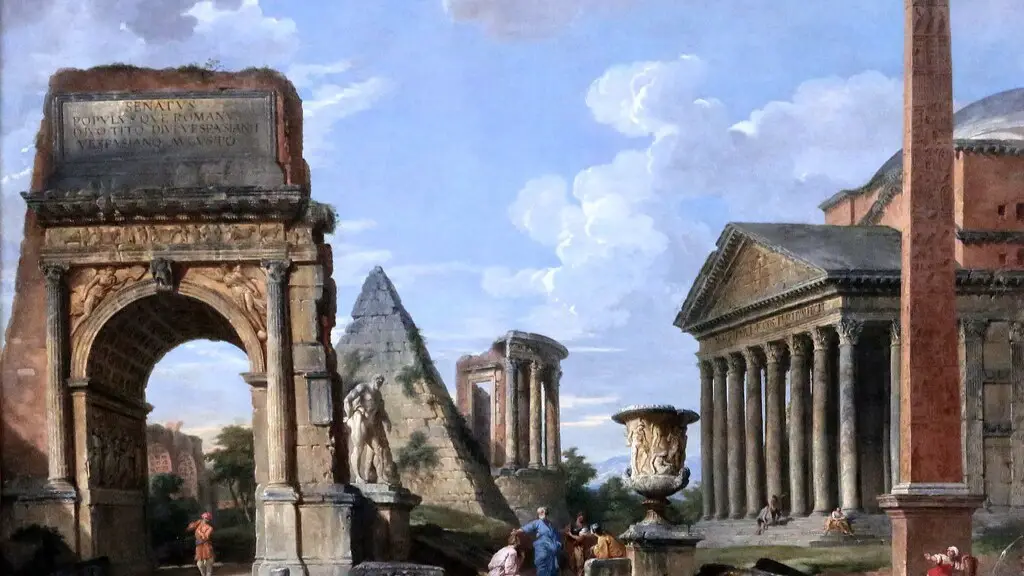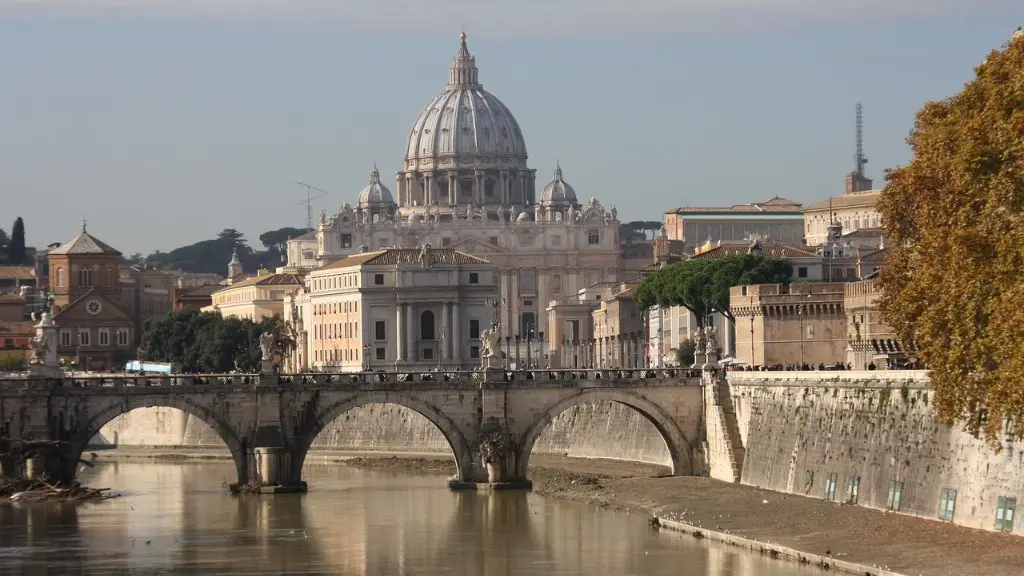Religion pervaded every aspect of life in ancient Rome. There were many religions practiced in the ancient Roman Empire, but chief among them were traditional Roman religion, Christianity, and Judaism. Ancient Rome believed in polytheism, which is the worship of many gods. The Romans believed in a wide variety of gods, each of whom was attributed with different characteristics and powers. The gods were literally worshipped in the form of monuments and temples, which was seen as a sign of divine favor.
The gods of ancient Rome were believed to be responsible for the welfare of the people and the success of the state. Roman religion was based in a number of religious ceremonies, festivals and rituals. The most important of these festivals was the religious festival of Saturnalia, which was celebrated in December and honored the god of crops, Saturn.
In addition to traditional Roman gods and goddesses, there were other religions practiced in the Roman Empire. Christianity, in particular, was a major religion in the Roman Empire and its followers had a profound influence on the Roman culture. Christianity was officially adopted as the state religion in the reign of Constantine I in 312 AD.
Judaism was also a prominent religion in the Roman Empire. While it was not officially adopted by the Roman state, it was recognized as a legal religion, and some Jews were even given positions of influence in the Roman government. Jews were also given the right to practice their own laws and rituals, provided they did not conflict with Roman law.
The practice of religion in Ancient Rome was an integral part of daily life. Religion was used to ensure the health and safety of citizens, as well as to ensure prosperity for the state, and even ward off evil. Religion played a major role in society and culture, and was a major factor in the rise of the Roman Empire.
The Impact Of Religion In Ancient Rome
The impact of religion in Ancient Rome was immense. It had a profound effect on the way that people lived their lives, their belief systems, and the political power structure of the Roman Empire. Religion played a huge role in politics and was used as a way to control and manipulate people and society. To this end, the Roman state sanctioned certain religions and persecuted others.
In addition to its role in politics, religion was also responsible for the emergence of a number of moral and ethical codes in Roman society. The laws concerning crime and punishment were based in part on the dictates of religion, and religious values were seen as the source of all morality within the state. Religion shaped the way in which people interacted with each other, and religion was used to encourage social stability.
Finally, religion was used to explain the mysteries of life and death, and gave the people a sense of purpose and meaning in their lives. Religion was seen as a way to make sense of the chaotic and unpredictable aspects of life, and as a way to channel people’s spiritual energy into productive and beneficial activities.
The Impact Of Christianity In Ancient Rome
Ancient Rome was one of the first places in the world to embrace the religion of Christianity. Christianity was officially adopted as the state religion of the Roman Empire in 312 AD during the reign of Emperor Constantine. The adoption of Christianity had an immense impact on the Roman Empire, and it is impossible to overestimate the importance of Christianity in Roman culture and society.
First of all, it had a major influence on the laws and morals of the Roman people. The ethical principles of Christianity were seen as the basis of all morality, and the laws of the Empire were based in large part on the scriptures of the Christian faith.
Furthermore, Christianity gave the people of the Roman Empire a common purpose and a shared identity. It spread a sense of community by uniting people under the banner of one faith, and this shared identity was a major factor in the stability and prosperity of the Roman Empire.


